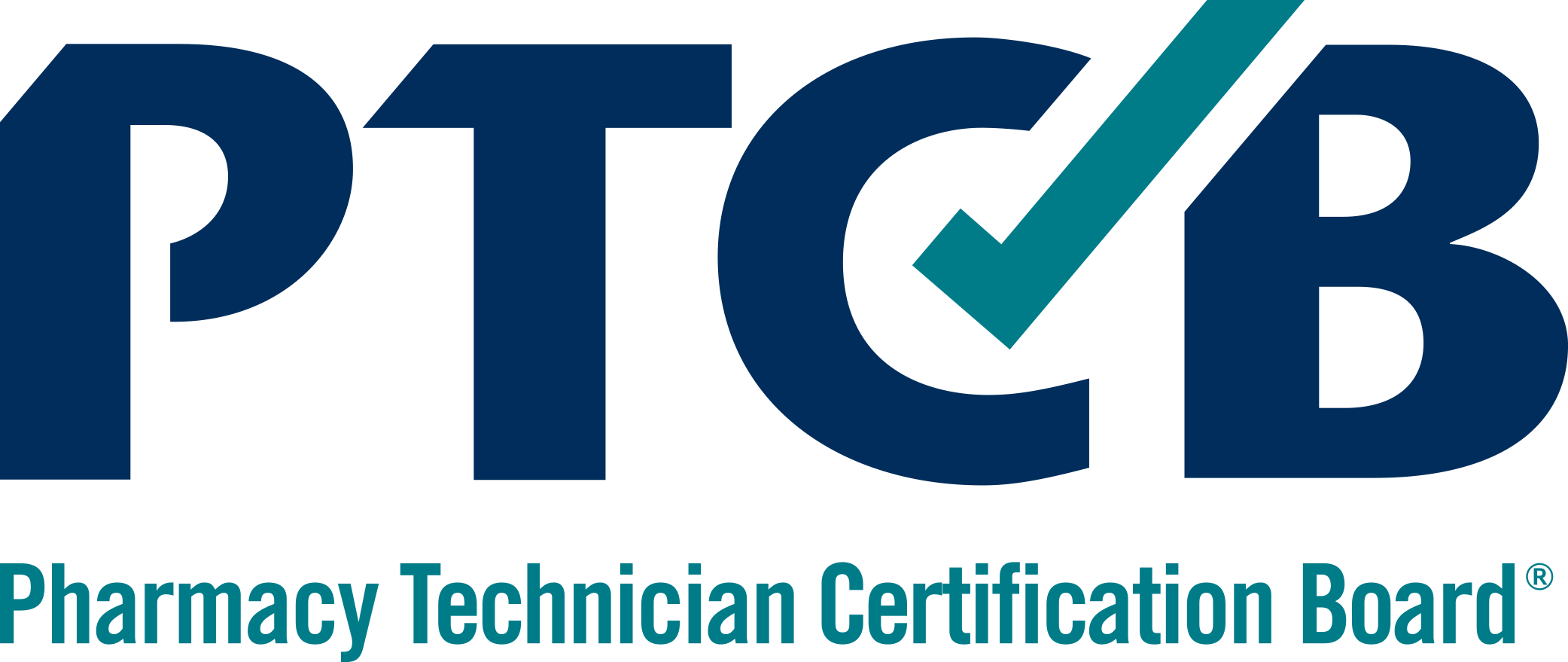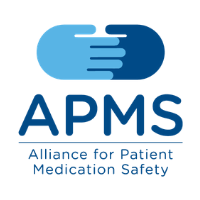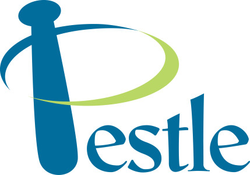December 16, 2024
PANDAS: Cute Bears or a Pediatric Brain Condition?
Is a child you know suddenly showing signs of ADHD, OCD, or food restrictions? Has their personality rapidly changed? If they have a cluster of new, unexplained behavioral health symptoms, they may be suffering from a rare type of autoimmune brain inflammation.
PANS (Pediatric Acute-onset Neuropsychiatric Syndrome) and PANDAS (Pediatric Autoimmune Neuropsychiatric Disorders Associated with Streptococcal Infections) are immune-mediated neuroinflammatory brain disorders triggered by strep throat and other infections.
The hallmark trait for PANS/PANDAS is the acute and dramatic onset of psychiatric and neurologic changes following a bacterial or viral infection. (PANDAS is the only subtype of PANS that requires those symptoms be associated with a strep throat infection.) PANS has been reported in association with a variety of infectious agents, including influenza, varicella, mycoplasma pneumoniae, and more recently, COVID.
Experts believe PANDAS and PANS happen because of a problem with the immune system’s response to an infection. Instead of attacking the germs, the immune system targets a part of the brain called the basal ganglia by mistake. It affects thoughts, feelings, movement, and other behaviors.
The symptoms can include:
- Sudden, acute onset of Obsessive Compulsive Disorder (OCD)
- Refusing foods and becoming selective about the foods they will eat
- Tics and unusual or uncontrolled movements
- Irritability or aggressive, hyperactive behavior
- Extreme moodiness, anxiety, or depression
- Deterioration in skills, specifically fine-motor skills
- Reduced performance at school, especially in handwriting, reading, and math
- Using baby talk, acting clingy, or having new fears
- Sensitivity to light, sound, and touch
- Sleep disturbance, insomnia, or fatigue
The severity of symptoms and the onset of PANS/PANDAS can vary from person to person, but the symptoms usually present suddenly and intensely. Symptoms can get better and then get worse again, presenting in what’s known as a flare. Relapses can occur, increasing in duration and intensity over time.
It’s estimated that 1 in 200 children may experience PANS or PANDAS in the United States, though it is often misdiagnosed and underdiagnosed. PANS/PANDAS is a clinical diagnosis based on a collection of signs, symptoms, medical history and laboratory findings that cannot be explained by another medical condition. There is no conclusive blood test for PANS/PANDAS, which can make it challenging to diagnose.
Early diagnosis and treatment are important and can result in long-term remission. Treatment goals are:
- Treat the underlying infection(s).
- Reduce inflammation in the body and brain.
- Modulate the immune system.
- Treat the symptoms.
Treatment plans may include antibiotics, anti-inflammatories, medications that calm and support the immune system, intravenous immunoglobulin (IVIG), and cognitive behavioral therapy, among other treatments.
A compounding pharmacist can be an invaluable member of the PANS/PANDAS Care Team in the following ways:
- Compound a medication called “LDN” (low-dose naltrexone), which is commonly used in PANS/PANDAS patients. LDN has been shown to reduce inflammation and modulate the immune system. This medication must be compounded because the doses are specific and weight-based.
- Alter medications for children that suddenly have issues with taste or texture. They cannot get better if they will not take their medication.
- Be a resource and guide on supplements that may be helpful. Common ones include:
- Omega-3 Fatty Acids: Known to reduce inflammation, have a positive effect on brain function, and reduce hyperactivity and increase focus in children with ADHD.
- Probiotics: Help maintain a healthy gut bacteria balance that can be compromised with antibiotic use.
- Vitamins C & D: Have anti-inflammatory and antioxidant effects; important for immune health and fighting off bacterial or viral infections.
The aim for every child is to work on their underlying immunity and inflammatory pathways, so that any future PANS/PANDAS flares are less invasive and shorter, and the eventual goal is to stop future flares entirely.
If your child is experiencing the symptoms listed above, talk to their pediatrician about PANS/PANDAS.
By Ashley Berthlot, Vice President, Marketing and Administration, Professional Arts Pharmacy
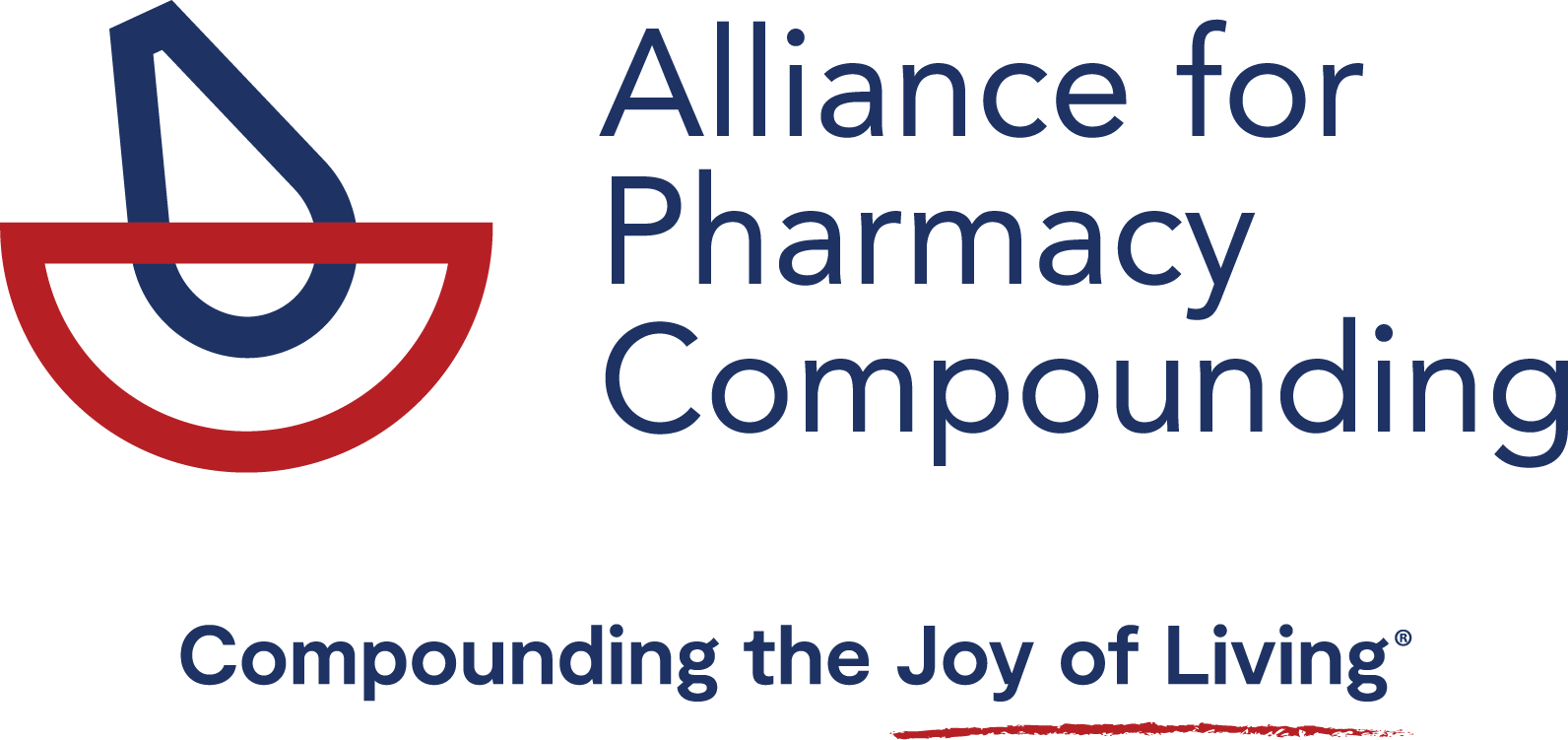












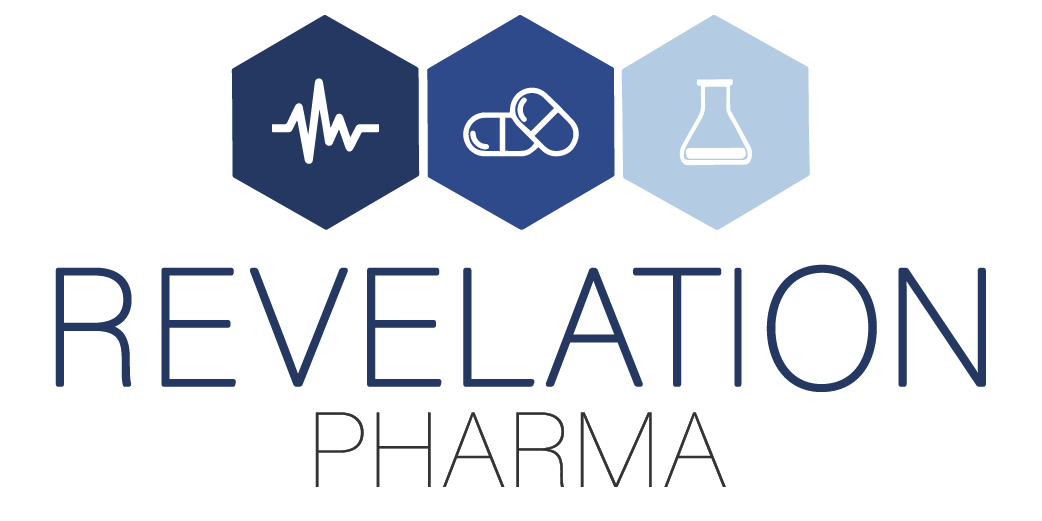
![Topi-CLICK a Division of TEAM Outlines[1]](https://a4pc.org/files/Topi-CLICK-a-Division-of-TEAM-Outlines1.png)








